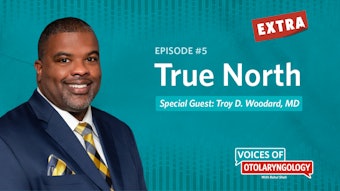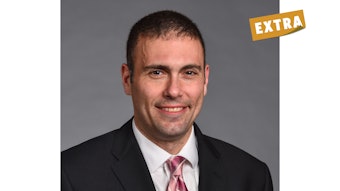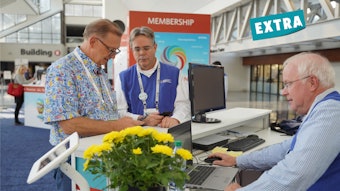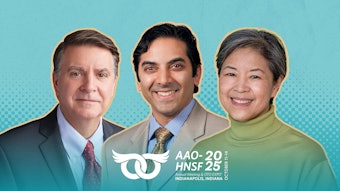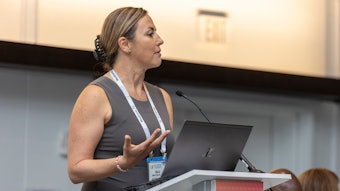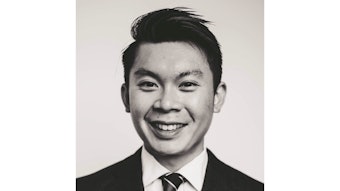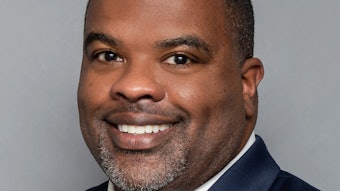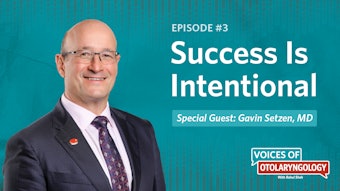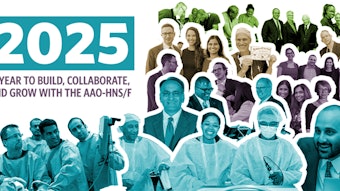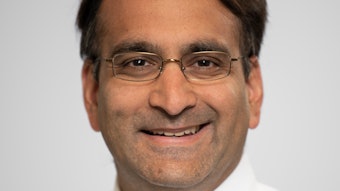Pearls from Your Peers: The Otolaryngology Hospitalist
Elizabeth S. Willingham, MD, interviews Natalie E. Kadin, MD, about her experience establishing a full-time otolaryngology hospitalist program at UCLA.
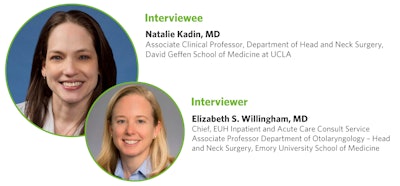
In 2022, you were a fellowship-trained laryngologist on faculty at UCLA. How was your vision for the UCLA otolaryngology hospitalist born?
Since my residency training 15 years prior, I witnessed medicine change. Surgeons have always been masterful at balancing outpatient care, surgical care, research endeavors, and the education of our future surgeons. Emergency and complex inpatient consult needs were absorbed in an already busy day. At the same time, the hospital system grew to include a larger geographic area and patient volume. The electronic medical record brought increased patient messaging and inbox demands. The ability of the modern surgeon to split time between all of these responsibilities and have the capacity to manage complex inpatient consults felt like an impossible ask. I proposed the idea of becoming my department’s first inpatient hospitalist in the summer of 2022 and was met with immense support.
What have you learned in this role so far?
There are four takeaways that I’ve come to understand thus far.
Medicine and surgery are not the same.
When it comes to providing inpatient care, this is an important distinction. A single medical hospitalist can admit, treat, and discharge—streamlining care. Surgery, however, is dependent on multiple variables. To take a patient to the operating room (OR), several parts of the healthcare system need to align. Do we have the right surgeon? Do we have the OR staff? Do we have the equipment? Do we have the room? Do we have the appropriately readied patient? The otolaryngology hospitalist is consistently available and involved in this process, expediting surgical care.
Resident education is better with faculty continuity.
As a mother, I constantly see ways my own kids show that they are just like me, or nothing like me. The residents at my institution are clearly not my kids, but when I’m with them on a regular, consistent basis, I see learning opportunities that might otherwise be missed. We can target and hone vital skills on a trajectory personalized to each resident. We can meet goals for professionalism and efficiency that take time to assess and cultivate. For trainees, repetition, immediate feedback, and daily interaction with the same faculty member is invaluable.
Everyone benefits when the day is uninterrupted.
Historically, surgeons fulfill their “on call” duties despite a full clinic or surgical schedule. We make the best of each situation, despite being pulled in too many directions. As I now take care of almost all inpatient matters during the day, when my colleagues are on call, they know that they have their full capacity free to focus on the patient in front of them. The patient benefits, the provider benefits, and the inpatient care proceeds uninterrupted as well.
Provider wellbeing impacts patient care.
The personal wellbeing and mental health of the provider is maybe the most vital, and most often missed, aspect of patient care. As I mentioned, I’m a mom. I had twin boys shortly after finishing my surgical training. When they were born, I felt an immense obligation to “do it all.” I soon learned that everyone benefited when I asked for help. When I felt better mentally, I was a better mom, which was better for everyone.
We are all at risk of burnout, facing increasing demands with fewer resources. Implementing an otolaryngology hospitalist is a step in the right direction to offset the reality of “doing it all.” Elective practices are uninterrupted, and inpatient providers can focus on complex challenges with full attention. This is better for us and for our patients. When we practice with this intention, wholly present, we model this for our trainees.
Final thought: What should we be called?
I personally like “complex inpatient ENT specialist,” but “otolaryngology hospitalist” seems to be trending. Whatever the moniker, this is a satisfying and viable career path and an important part of the ENT team.
